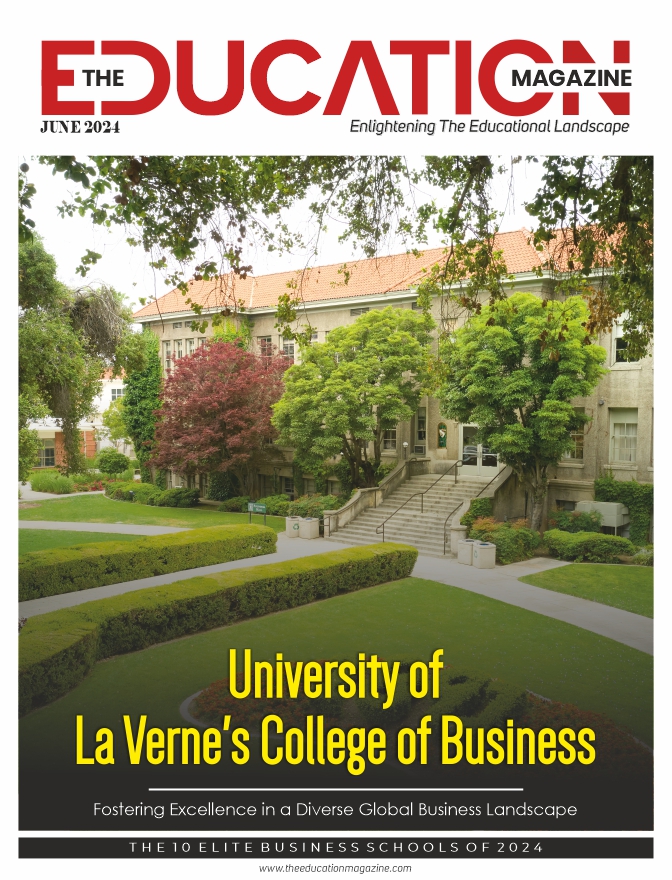Courses that go beyond traditional lecture-based teaching
The traditional lecture-based approach of teaching is rapidly becoming obsolete in a world where problems are often multifaceted and cross-disciplinary.
“This is exceptionally true for biomedical engineering education, where graduates are required to comprehend and apply advanced concepts in engineering, biology, and medicine, while simultaneously understanding the importance of commercialization in the dissemination of discoveries”, said Raj Rao, department head of the Department of Biomedical Engineering, University of Arkansas.
Biomedical engineering faculty have been awarded a five-year award from the National Institutes of Health to transform the department’s curriculum by introducing courses on bioengineering design, entrepreneurship, and service-learning.
The biomedical engineering department has been awarded $108,000 to develop a suite of courses that go beyond traditional lecture-based teaching and reflect the multifaceted needs of modern biomedical engineers.
Rao and his colleagues will develop a toolkit of courses in which students will engage with the local healthcare community to identify healthcare gaps and disparities, learn about entrepreneurship in collaboration with the Sam M. Walton College of Business, acquire essential engineering and design skills in their junior year, and inspire the next generation of engineers by mentoring high school pre-engineering students.
Course objectives
- Succeeding in practice at the interface between life science and engineering, in other professional activities, or in post-baccalaureate studies.
- Utilizing their engineering education/experience in creating new knowledge or enabling technologies for improvement of human health and healthcare.
- Conducting themselves with high standards of professional ethics and integrity.
- Being aware of the limits of their knowledge and initiate self-directed learning to create future professional opportunities for themselves in biomedical engineering.
Team-based courses will include a junior-level course on clinical needs finding, with a focus on service-learning, integration of computational and prototyping tools for biomedical engineering design within the curriculum, a senior-level course in entrepreneurial bioengineering, focused on commercialization, technology transfer, and start-up potential, and service-learning classes in which students mentor local high schoolers.
The aim is to graduate biomedical engineers who are outstanding stewards of their education, serving their communities, and translating healthcare innovations for a broader impact.










